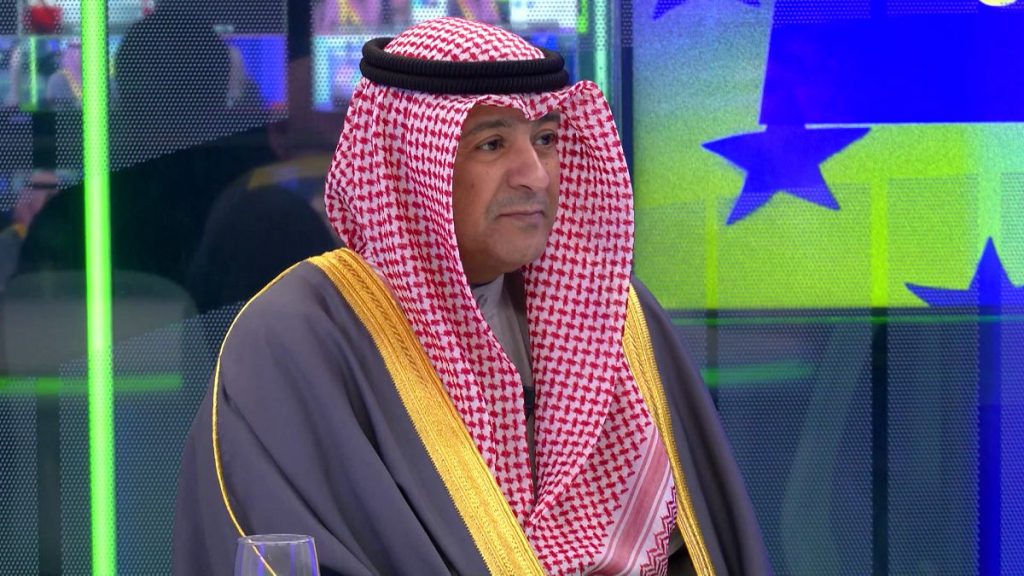The EU recently held its first summit with the Gulf Cooperation Council, focusing on developing a closer partnership with the six-member Gulf states. The relationship is based on mutual opportunities but also faces challenges, especially concerning human rights issues. The summit covered various topics such as trade, global security, and efforts for a two-state solution in the Middle East. The conversation shed light on the ongoing conflict in the Middle East, with attacks by Hezbollah and Iran against Israel causing suffering in Gaza and Lebanon. The EU has tried to persuade Israel to stop its military actions, with some member states also selling arms to Israel despite calls for peace. There has been a call for a peaceful solution and a two-state solution for Israel and Palestine.
Despite efforts by the international community, the Israeli government continues its military actions in the region, disregarding calls for peace from various sources including the International Court of Justice and the UN. The GCC has been advocating for de-escalation in the region, including calling on Iran to refrain from activities that fuel conflict. A recent ministerial meeting between the GCC and Iran aimed to promote stability in the region. The instability in the Middle East can impact global oil prices, but the GCC has a history of working to ensure a stable oil supply at reasonable prices. The GCC is committed to securing energy for its partners around the world.
One of the requests made by EU member states during the Gulf summit was for greater recognition of Russia as a global security threat, particularly in light of its invasion of Ukraine. The GCC emphasizes dialogue as a means of addressing international issues and believes in engaging with all partners, including Russia, in diplomatic discussions. The interview also touched upon trade relations and the importance of incorporating clauses related to human rights and gender equality in trade agreements. The GCC is engaged in a human rights dialogue with the EU, conducting comprehensive discussions on human rights, labor, women’s empowerment, and child rights. Despite criticism from some quarters, the GCC is proud of its human rights record and its engagement with international human rights guidelines.
Critics have raised concerns about human rights violations in some GCC countries, citing issues such as arrests for social media posts in Saudi Arabia and the treatment of migrant workers in Qatar. However, the GCC defends its human rights record, highlighting its dialogue with the EU and periodic reviews in Geneva to address such concerns. The Secretary-General of the GCC challenges reports from organizations like Human Rights Watch and Amnesty International, emphasizing the importance of respecting each country’s laws, culture, and religion. The GCC is committed to engaging with the international community on human rights issues and views ongoing criticism as unjustified. The conversation underscores the complexity of balancing trade relations, global security threats, and human rights considerations in the EU-GCC partnership.


